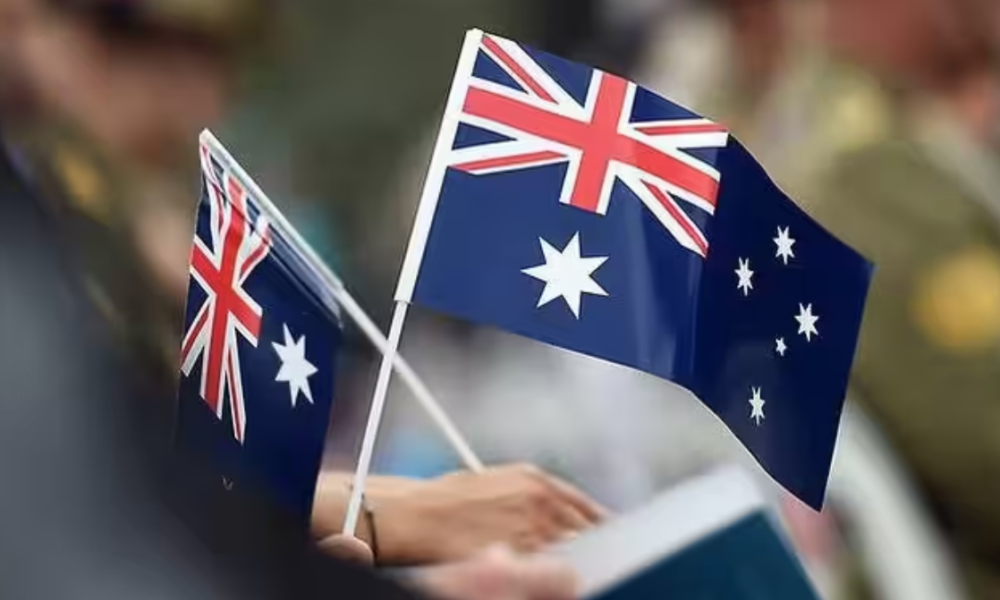
In Defence of Nationalism
The Embrace of a Nation is a Warm One
M. D. Kwak
OUR ERA OF INDIVIDUALISM HAS ELEVATED THE “SELF” to the pillar of morality, truth and identity in an unprecedented manner. While the nation state lives on, it is a mere shadow of the ancient Greek city states, or the unified terror of Imperial Japan. In many ways, that has been a vastly good thing. For when the tyranny of the state wields a repugnant monopoly over life and death, or controls the system of values and morals, it is always the most vulnerable individuals who pay the price.
Nationalism will forever have the nasty connotations of conflict and genocide attached to it and it’s not surprising following the events of the 20th century. The reign of Hitler and his Third Reich will forever be the example of nationalistic-fuelled genocide while the Cold War and its proxy wars continue to face diatribe as having been a pointless, neo-colonial powerplay. And nationalism is correctly blamed in many of these instances. Often, a nationalistic desire to prove your country’s greatness (and often in comparison to other nations) sparks a trail of destructive conquest and deeply harmful ‘othering’.

Nationalism may seem indefensible and morally deplorable, but I write this piece in defence of it. Nationalism is more than Western colonisation or the territorial conflicts of nations. It’s also the green and gold on the sporting field; the silence that commemorates our fallen; the constant voice that urges a nation that they can and must do better – to honour the legacy of those that came before. Nationalism can be a force of good when it is not used to excuse our poor behaviour, but rather to hold us up to a standard of excellence and righteousness. Nationalism can be myopic, but it can also be the pair of spectacles that restore our clouded vision and guide us towards a better future.
The regression of nationalism has been met with a curious mixture of heightened socio-political sectarian divisions and the re-emergence of the individual.
But no man is an island, entire of itself.
A unifying framework is vital. The embrace of a nation feels proud, powerful and beautiful. It has the potential to transcend ethnic divisions. To see past political ideology. It can accept and embrace differences without the nefarious desire to prove superiority along some arbitrary metric.
But there are two important caveats. The first is that moderation is crucial. The power of the nation must not subsume the liberty and welfare of individuals. We must not reduce ourselves to a monolithic mob, or worse as figures on a datasheet that retain value, in so far as we serve the national interest. Regardless of the nation state, the individual ought to live with inherent value and dignity.
The second caveat is that a positive conception of nationalism is contingent on its citizens. Indeed, as citizens ourselves, we cannot mindlessly grasp onto some narrative of nationalism that politicians or media pundits feed us. Rather the nation starts from the individual, from our communities, from our intertwined network of friends and family. We must build our nation into one we can be proud of, with values that inhere to the universal dignity of humans and above all, one that is unifying and inclusive to everyone both far and near.
